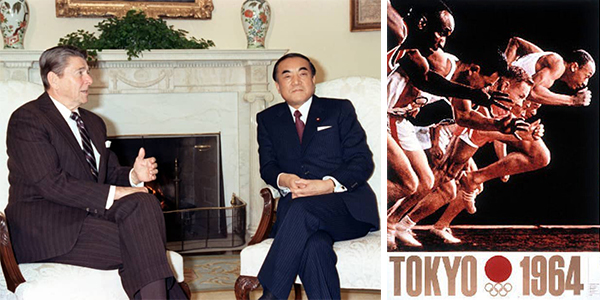
The USC U.S. - China Institute, Japan Society New York, and National Consortium for Teaching about Asia (NCTA) are offering a complimentary one-day workshop on Japan at USC for educators.
With Japan’s defeat and occupation came significant political, economic and social change. In this day-long workshop, we’ll look at Japan’s new alliance with the United States, its reintegration into the global and regional economies and institutions, and at the business and cultural changes that emerged. Within two decades, Japan had the world’s sixth largest economy, had hosted the Summer Olympics, and had several films win or be nominated for Academy Awards.
There is no cost to participate. All materials, refreshments, parking, and lunch will be provided.
Saori Katada, University of Southern California
Rebuilding Japan’s Economy and Relationships
William Tsutsui, Hendrix College
Postwar Japanese Business and Pop Culture
There is another free workshop on November 16, 9-3:30pm, that focuses on Contemporary Japan and U.S.-Japan Relations. Teachers are encouraged to sign up and attend both workshops, but are also welcome to just attend one.
REGISTRATION DEADLINE: October 24, 2019
Questions? Contact asiak12@usc.edu or 213-821-4382.
This workshop is sponsored by:

with financial support from an anonymous donor and the Freeman Foundation.


